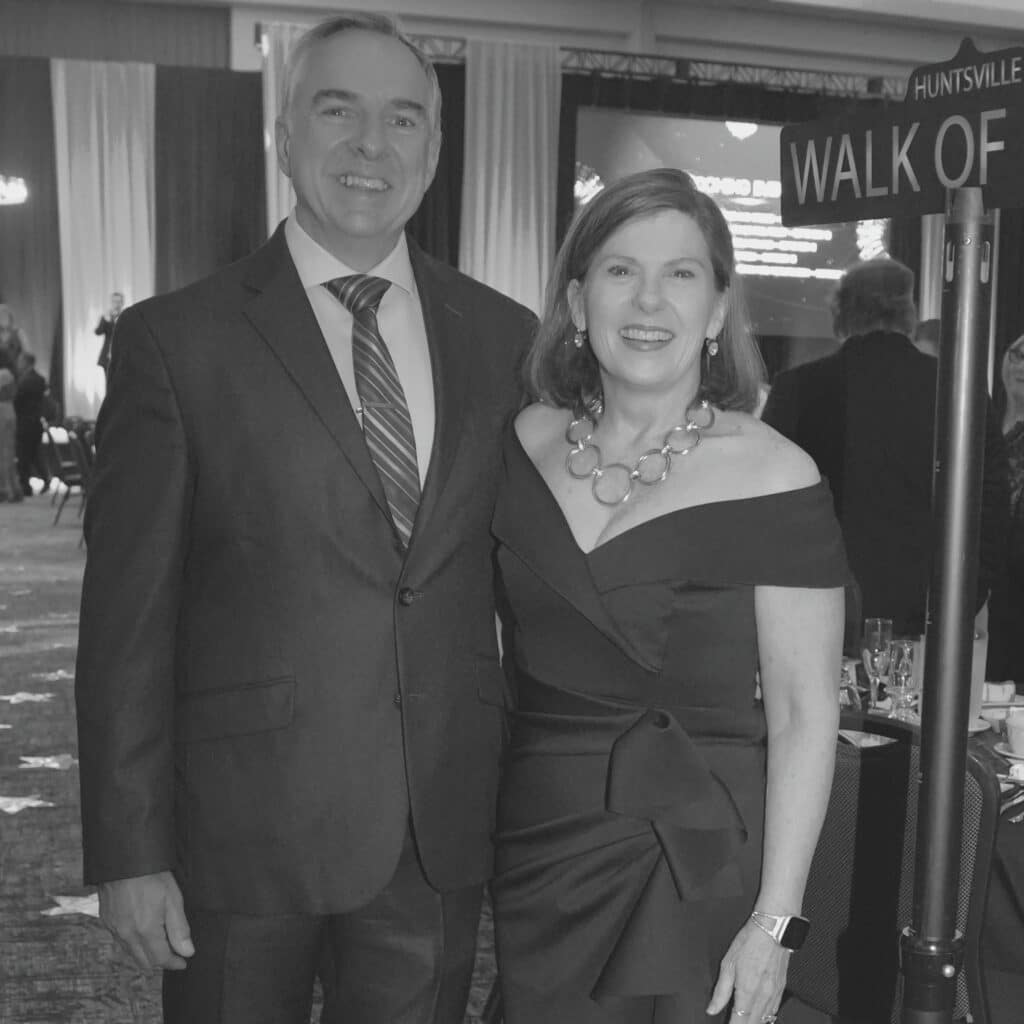29 Oct Collaboration is a Competitive Sport

When our work was producing industrial goods through the repetition of a manual task, productivity gains were relatively straightforward, and could be achieved by familiar carrot-and-stick methodolgies. While many organizations still operate as if this were the case, industry is increasingly demanding results that require creativity, influencing groups outside of our area of authority and strategic thinking skills that are not directly improved using the old models of measurement and reward.
Research shows that productivity gains in modern industries are much more likely to be had through engaging employees and developing core communication and collaboration skills in the workforce. We are producing knowledge, designs, and creative solutions to modern problems, after all, not just performing rote manual tasks.
We have also discovered that this kind of knowledge and service work evolves more productively when teams of people work together, rather than in isolation. Just a few of the obvious ways in which better collaboration drive business results are: cost avoidance, cost reductions, business optimization, and faster business decisions. Regardless of the type of business you are in, your competition is innovating and driving down costs and value up, and collaboration is the one way to accelerate innovation most effectively. If everyone is looking for new opportunities and bringing them to the team for consideration, you leave fewer opportunities undiscovered.
Collaboration allows you to do more with fewer resources, retain the flexibility to compete in a rapidly-changing market, and takes better advantage of the strengths of individuals on any given team. If you want to grow your organization and stay ahead of the market, you need to learn to collaborate better.
So what does it take to make collaboration happen and what are the keys to sustaining and growing a collaborative culture?
Collaboration starts with relationship trust, shared goals and visible senior-level support for collaborative efforts. In large organizations, this can mean developing a central collaborative space with core services embedded to encourage interactions, or a policy of rotating promising leaders through different functions, or celebrations of group (not individual) successes all the way up to the executive team. In smaller organizations, collaboration is fostered through regular social interactions at work, cross-functional teams attacking problems and making decisions, or a common leadership training program to create a common language and set of communication skills.
Not all organizations find this easy, even when they put in the effort. It’s harder to build collaboration in teams where: 1. teams are large (too many cooks); 2. education levels are high (everyone is an expert and needs to be right); 3. virtual work (trust relationships are more fragile); 4. weak organizational culture (conflicting values) and 5. core skills are weak (communication, listening, teamwork and relationship-building are short-changed).
Particularly if you have any of the factors above that make collaboration more difficult, start by:
- Look for and emphasize similarities and common ground between people. Establish common goals for the group to pursue and help relationships get started with some social bonding.
- Model collaborative behavior at the highest levels in the organization and hold everyone accountable for collaboration.
- Train everyone in core collaboration skills (emotional intelligence; holding difficult conversations, coaching skills, networking, communication and listening skills, and building trust-based relationships) to make expectations and standards clear and provide the skills and knowledge to allow everyone to succeed.
Once you start building more collaboration in your organization, you begin to tap into the collective creativity, innovation and critical thinking that will pay dividends in all areas of the business.
Where can you start collaborating more today?
Related Articles
Ready to fearlessly provide feedback and get positive results?
Our Fearless Leaders MasterClass® Program will help you develop the emotional intelligence and leadership skills needed to have effective conversations.
Sign up to reduce manager overwhelm and employee turnover.




